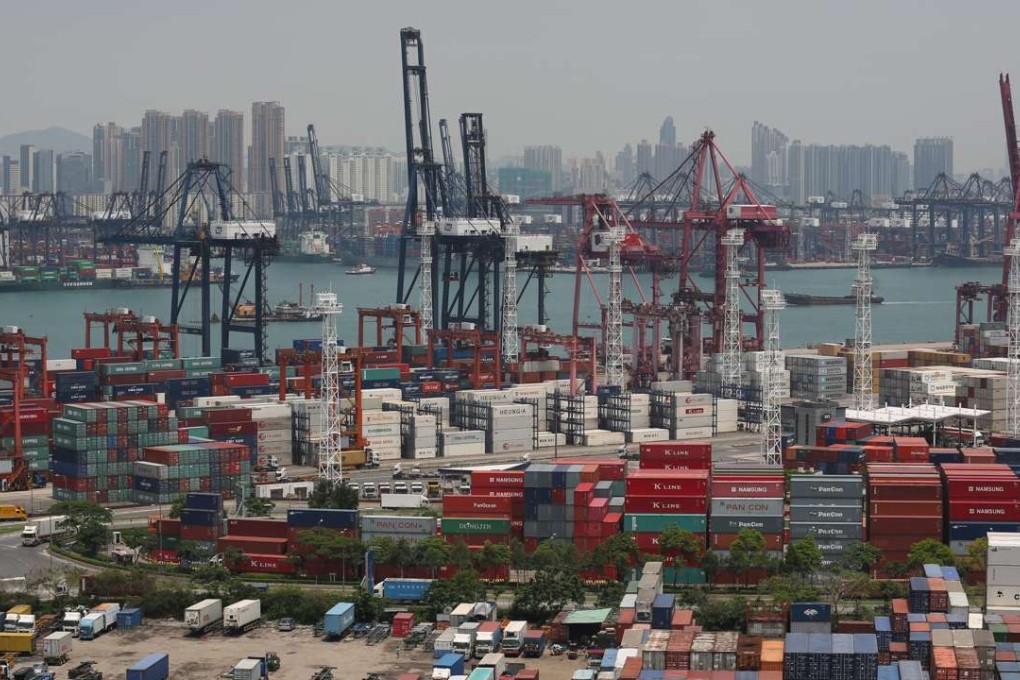Advertisement
Property developers and Hong Kong authorities should co-develop land to increase land supply: think tank
But critics argue public-private model would raise suspicions of collusion
Reading Time:2 minutes
Why you can trust SCMP

A think tank founded by former chief executive Tung Chee-hwa has called on the government to co-develop land held by the city’s property developers, which could contribute to over 9,000 hectares of land that the group said Hong Kong would need in the next three decades.
Our Hong Kong Foundation’s suggestions on Thursday came a day before the end of a public consultation on the government’s 2030 Plus blueprint, which outlines the city’s development directions over the next 30 years and beyond.
Advertisement
In the long run, the group said, reclamation should be the main way to increase land supply.
“The government needs to adopt innovative plans to meet the massive demand for housing and solve social problems caused by high property prices,” foundation senior researcher William Tsang Wai-him said.
Advertisement
Advertisement
Select Voice
Choose your listening speed
Get through articles 2x faster
1.25x
250 WPM
Slow
Average
Fast
1.25x